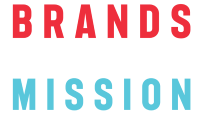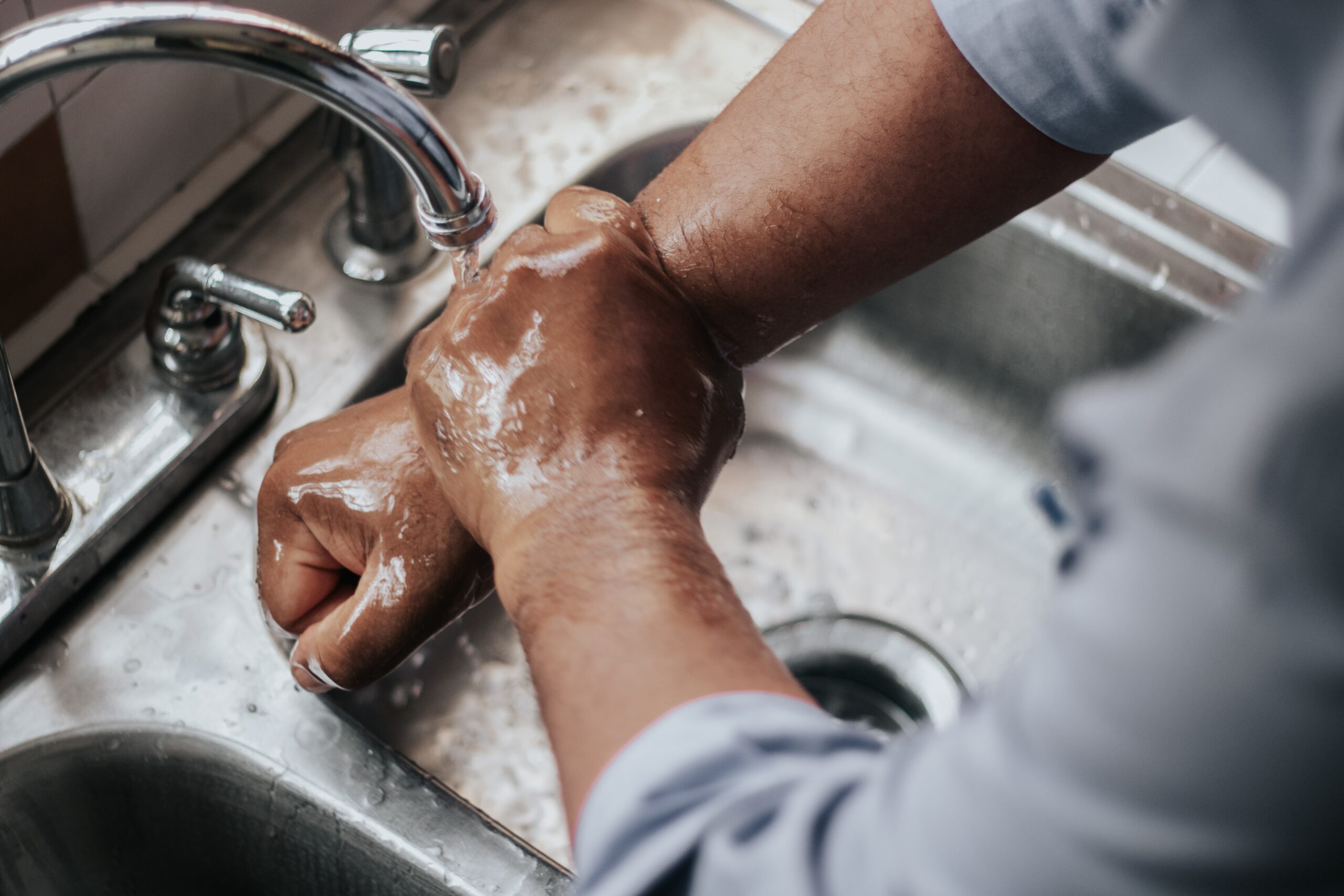Young people’s concern about the social impact of brands would be hard to overstate and has only intensified throughout the pandemic. When Deloitte surveyed younger Americans last year, they found that 91% of Millennials (age 23-39) preferred to buy from or work for brands committed to a social cause. Fewer than half of respondents aged 18 to 39 said business in general was improving society.In light of these findings and in order to meet the market demands of our time,brands need to become what I call “actionist”.
Actionist brands go beyond donations and other traditional philanthropy. They articulate their social purpose and enlist consumers in their cause. Through this engagement, actionist brands deepen connections with consumers and extend their social impact. Unlike traditional brands, focused on narrow business or economic goals, actionist brands align their marketing efforts and products with their actions. They create a brand image that speaks to the self-identity of the most loyal consumer.
There are a couple of great examples of actionist brands within Unilever. Ben and Jerry’s ice cream brand has a long-standing history of seeking to reduce inequalities, particularly related to the LGBTQIA+ community, and with regards to racial justice. This has helped drive fantastic conversations and actions, allowing the brand to meaningfully engage in key social movements such as Black Lives Matter. Dove is another Unilever brand which is a true pioneer of the term actionism. The brand first won a loyal following for creating inclusive representations of beauty with its Campaign for Real Beauty in 2004. Through inclusive advertising it inspired consumers to show their support for a greater variety of body types than the beauty industry had traditionally promoted. The Dove Self-Esteem Project offered body confidence workshops for young women with the same goals.
More recently, Dove joined a coalition to outlaw hair-based discrimination in the United States. Through this effort, it urges consumers to voice support by signing a petition and addressing their respective local legislators. Beyond that and as a response to the pandemic, Dove launched its Courage is Beautiful campaign which praised frontline workers for their fight against COVID-19. All of these efforts have enlisted consumers to take actions, while staying true to the brand’s belief in physical appearance as a source of well-being.
By promoting a positive vision for the future and speaking to people’s sense of justice, actionist brands inspire consumers to rally behind a common cause. They call for specific actions – turning the commonplace Brand Say into a far more powerful Brand Do, plus something I like to refer to as “Brand Benefits to Communities”. Those mutual actions create a strong affinity with customers, build longer-lasting connections, and raise brands above the commodity status where too many young people are now placing once powerful marques. Put simply, actionist brands are better prepared to be the market leaders of tomorrow. Actionist brands are in close communication with consumers, giving them a platform to act from which is amplified by social media. Through this two-way relationship, consumers help brands define themselves while influencing other consumers to join the movement. This is how you create a mission that can serve communities and serve the relationship, not just the transaction.
Another actionist pioneer is Lush, an independent cosmetics brand. With 100% vegetarian ingredients, Lush has taken a strong stand against animal testing and has urged its consumers to support its lobbying in this and other areas of environmental protection. Last year, it launched the Freedom of Movement Campaign in the United States, and called on consumers to sign petitions for the New Way Forward Act to eliminate mandatory detention of alien citizens. Lush engages consumers with a documentary video, links to resources for undocumented immigrants, and a specific product line of which all proceeds go to nonprofit organisations working in this space.
Outside of the personal care category are actionist brands such as Patagonia. Founded on the promise to help preserve the natural environment, the brand not only donates 1% of its sales to environmental causes but founded the 1% for the Planet Alliance to encourage other brands to do the same. It has also set up an online marketplace for used Patagonia clothing, which encourages customers to trade their pre-owned items and thereby decrease the environmental harm caused by fast fashion brands. Patagonia additionally created a platform that spotlights grassroots organisations, primarily in the environmental protection space, and encourages consumers to join their local activist groups to positively impact nature preservation.
As these examples show, it is actionist brands’ loyal following that enables them to change their business models and reap benefits for all stakeholders. I have talked about this in previous issues of Under the Baobab Tree. Actionist brands amplify their social impact while solidifying consumer affinity – and therefore financial position – for the future.
It is now time for more brands to tap into this space, and health and well-being offers many opportunities. With the pandemic driving home the importance of health-related behaviours (like handwashing, vaccines and mask wearing), brands can win over consumers by being the ones driving the conversations around how we can jointly protect our communities. There are so many issues we can tackle together such as heart disease, HIV or obesity, harmful use of alcohol and tobacco use. Brands must make sure they bring their consumers along; not do it for them, or seek to take from them but be in a mutually beneficial relationship where all profit from progress.



